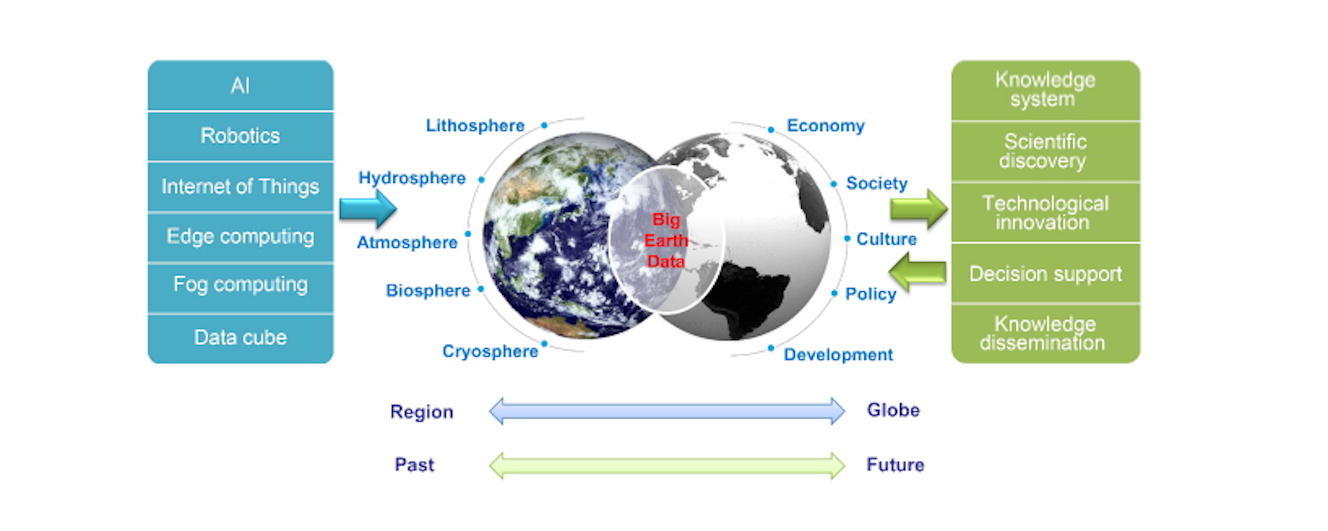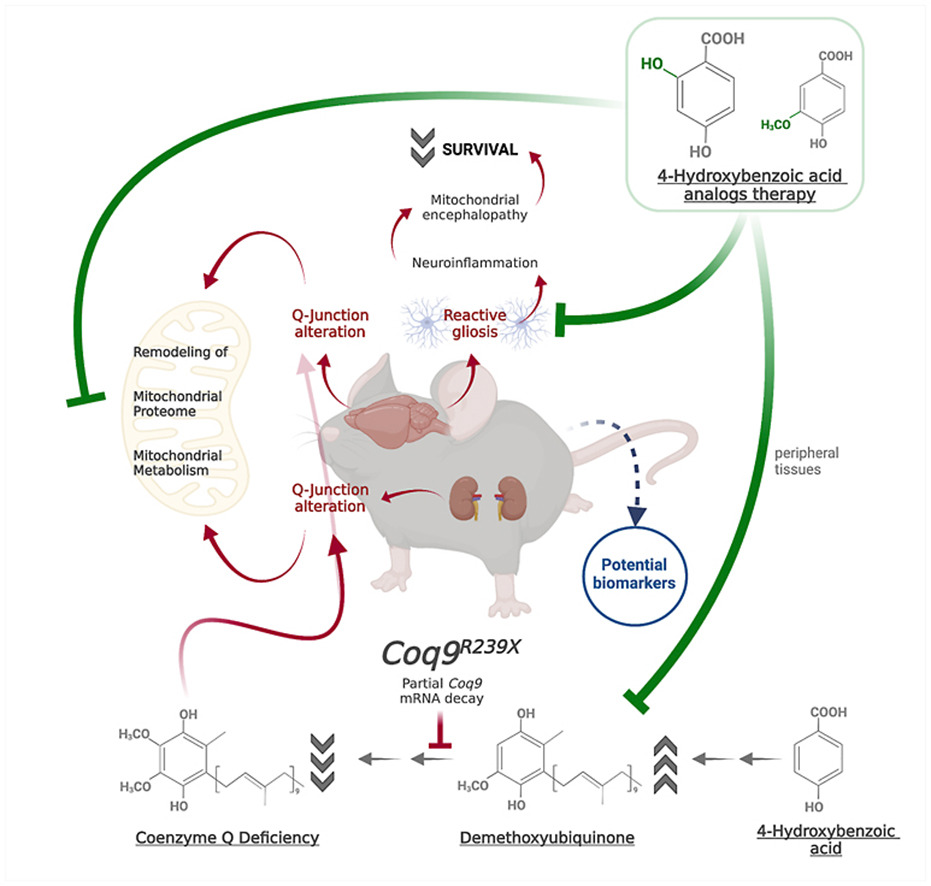Elsevier,
The Lancet Public Health, Volume 7, September 2022
This Review supports SDGs 3 and 5, focusing on the gendered association between unpaid labour and mental health, particularly in relation to the fact that women do more hours of unpaid labour worldwide than men. The Review found that unpaid labour is associated with worse mental health in women than in men.
Elsevier,
Science Bulletin, Volume 67, 15 September 2022
Big Earth Data infrastructure must further condense and abstract common workloads and application models with consideration for the features of Big Earth Data and the typical needs of SDG-related applications.Systems should be designed and built based on benchmarks, with integration and scheduling of services and resources as a central focus (e.g., high-performance, high-throughput, intelligent computing and cloud services). Focusing on transparent data access and efficient data circulation will help integrate software and hardware for increased performance, capacity, and flexibility.
Elsevier,
The Lancet Regional Health - Southeast Asia, Volume 7, December 2022, 100069
This Article supports SDG 3, 7, and 8 by showing an inverse association between air pollution attributed to disease burden and gross state domestic product for most states in India, thus highlighting the need to curtail air pollution attributed to disease burden in order to achieve sustainable economic growth.
Elsevier,
Molecular and Cellular Endocrinology, Volume 555, 15 September 2022
Through this review, we highlight how harbours can be used as “in situ laboratories” given the variety of anthropogenic stressors (such as plastic, chemical, sound, light pollution, and invasive species) that can be simultaneously investigated in harbours over long periods of time.
Elsevier,
Geoderma, Volume 421, 1 September 2022
With climate models predicting a decrease in soil moisture conditions in many regions in the future, it is crucial for soil ecology to comprehend how springtails respond to soil condition changes. A study by Wang et al., 2022 investigating the effects of soil moisture on the euedaphic springtail, Folsomia candida, found that reproduction was the most sensitive to soil water potential, suggesting that population recruitment is limited to periods of high soil moisture, while body growth and activities may continue in moderately dry soil, contributing to species resilience during drought.
Elsevier,
Redox Biology, Volume 55, September 2022
Defects in Coenzyme Q (CoQ) metabolism have been associated with primary mitochondrial disorders, neurodegenerative diseases and metabolic conditions. The consequences of CoQ deficiency have not been fully addressed, and effective treatment remains challenging. This article provides key mechanistic insights into defects in CoQ metabolism and identifes potential disease biomarkers.


